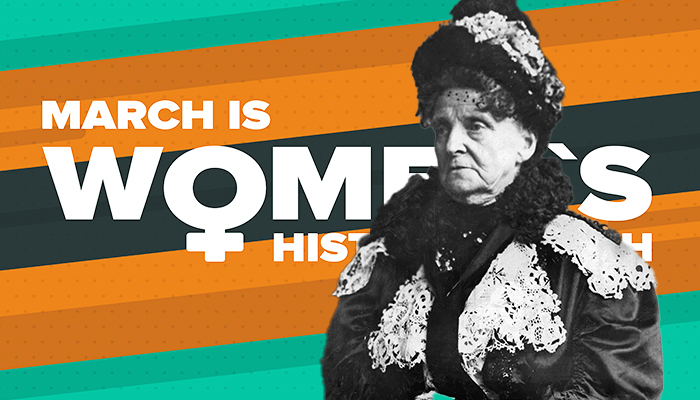You are now leaving the Strong Valley Wealth & Pension, LLC ("Strong Valley") website. By clicking on the "Schwab Alliance Access" link below you will be entering the Charles Schwab & Co., Inc. (“Schwab”) Website. Schwab is a registered broker-dealer, and is not affiliated with Strong Valley or any advisor(s) whose name(s) appears on this Website. Strong Valley is/are independently owned and operated. Schwab neither endorses nor recommends Strong Valley. Regardless of any referral or recommendation, Schwab does not endorse or recommend the investment strategy of any advisor. Schwab has agreements with Strong Valley under which Schwab provides Strong Valley with services related to your account. Schwab does not review the Strong Valley website(s), and makes no representation regarding the content of the Website(s). The information contained in the Strong Valley website should not be considered to be either a recommendation by Schwab or a solicitation of any offer to purchase or sell any securities.

Are you stressing over getting that perfect gift that shows how much you care? The science of gift wrapping explains why sloppy is better. You’ll find some surprises in this article taken from a published psychology journal that may help you communicate the right message to your loved ones and acquaintances, while saving yourself time, effort and money.

They say appearances can be deceiving. In the case of gift giving, they might be right.
Consumers in the U.S. spend billions of dollars a year on wrapping gifts, in most cases to make their presents look as good as possible. This includes money spent on paper, boxes, ribbon and pretty bows.
While some people are particularly skilled at gift wrapping – with the perfect folds, carefully tied ribbons and bows – others aren’t quite cut out for it, and apparently would prefer washing dishes or cleaning the house.
Two colleagues and I wondered whether all that time and effort is actually worth it. Does a beautiful presentation actually lead to a better-liked gift? Or is it the other way around?
In a paper recently published by the Journal of Consumer Psychology, University of Nevada, Reno professors Jessica Rixom and Brett Rixom and I conducted three experiments to explore the impact of gift wrapping.
In the first experiment, we recruited 180 university students to come to a behavioral lab in Miami to participate in a research study described as an extra credit exercise. Upon arrival, each student was given an actual gift as a token of appreciation for their participation.
The gift was a coffee mug with the logo of one of two NBA basketball teams, the local Miami Heat or rival Orlando Magic, handed out at random. We knew that every participant was a fan of the Heat based on a prior survey – and that they explicitly didn’t support the Magic. The purpose was to ensure that we were giving half of the students a desirable gift, while the other half received something they did not want.
Finally, half of the gifts were wrapped neatly, while the rest looked slapdash.
After unwrapping, participants evaluated how much they liked their gifts. We found that those who received a sloppily wrapped gift liked their present significantly more than those who received a neatly wrapped gift – regardless of which mug they got.
To understand why, we recruited another set of students and asked them to view an image of either a neatly or sloppily wrapped gift and report their expectations about it prior to seeing what was inside.
Participants were then told to imagine opening the gift – which for everyone was a pair of JVC earbuds – and rate their actual attitudes toward it, allowing us to compare whether it matched their expectations or not.
Results showed that expectations were significantly higher for the neatly wrapped gifts compared with sloppily wrapped ones. However, after the reveal, participants receiving the neatly wrapped gift reported that it failed to live up to their expectations, while those who got the sloppily wrapped gift said it surpassed their expectations.
This suggests that people use the wrapping as a cue to how good the gift will be. Neat wrapping sets the bar for the gift too high, intimating that it will be a great present. Sloppy wrapping, on the other hand, sets low expectations, suggesting it’ll be a bad gift.
So a sloppily wrapped gift leads to pleasant surprise, while one that’s neat-looking results in disappointment.
In our third and final experiment, we wanted to zero in on whether this effect depended on the relationship between the gift-giver and recipient. Does it matter if the giver is a close friend or just an acquaintance?
We surveyed a nationally representative sample of 261 adults and asked them to imagine being at a party with a secret gift exchange. At random, participants viewed images and imagined receiving either a neatly or sloppily wrapped gift. This time, we instructed half of them to imagine the gift was from a close friend, while the other half believed it came from an acquaintance. Then we revealed the gift and asked them to rate it.
When it came from a close friend, recipients ended up liking the sloppily wrapped gift more, just like in our other experiments. However, when the gift came from an acquaintance, recipients preferred it when it was neatly wrapped. This occurs because these participants used the wrapping as a cue to how much the gift-giver values their relationship – rather than to signal what’s inside. Neat wrapping implies the giver values their relationship.
So if you’re stressing over gift wrapping this holiday season, consider saving yourself time, effort and money by wrapping your friends’ and family’s gifts haphazardly.
But if you’re planning to give a gift to someone you don’t know quite as well – a work colleague, for example – it’s probably worth it to show you put in some effort to make it look good with all of the neat folds, crisp edges and beautiful bows.
I, for one, am taking these results to heart. From now on, I’ll only wrap my wife’s gifts sloppily so she’ll always be pleasantly surprised no matter how good – or bad – the gift is.



